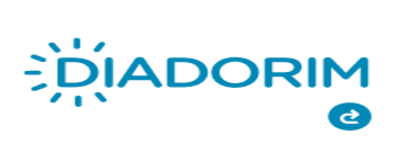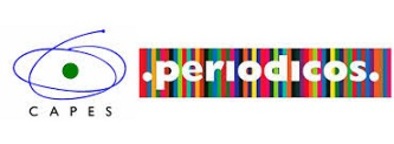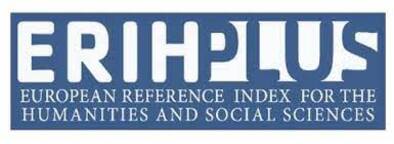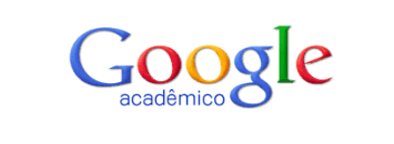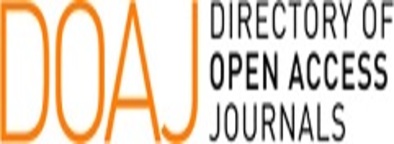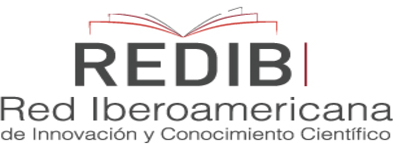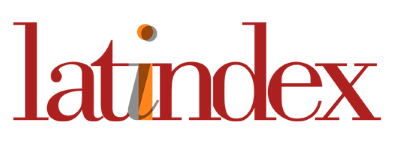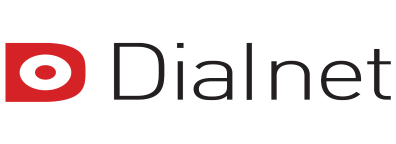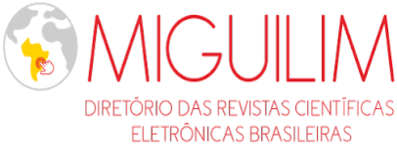Uma genealogia do autor
A emergência e o funcionamento da autoria moderna
DOI:
https://doi.org/10.47456/sofia.v14i1.47537Resumo
O que significa ser um autor? Criar, assinar, possuir? Não raro, tomamos a figura autoral como uma noção fixa, que sempre existiu ao longo das diferentes épocas e contextos. O filósofo Marco Antônio Sousa Alves nos mostra que estamos diante de algo mais amplo: a figura autoral emergiu gradativamente ao longo dos séculos, transformada por dispositivos de poder, mecanismos de exclusão e normatização econômica. O livro de Alves, Uma genealogia do autor: a emergência e o funcionamento da autoria moderna (Editora UFMG, 2021, 478p.) rastreia as origens deste fenômeno, perguntando o que é – e igualmente importante – como surgiu e como funciona o autor que conhecemos hoje.
Referências
ALVES, Marco Antônio Sousa. Uma genealogia do autor: a emergência e o funcionamento da autoria moderna. Editora UFMG, 2021.
ALVES, Marco Antônio Sousa. A autoria em questão a partir de Foucault: autor, discurso, sujeito e poder. Matraga, vol. 22, no. 37, jul./dez. 2015, pp. 79-81, Universidade do Estado do Rio de Janeiro, doi:10.12957/matraga.2015.19932.
ANDRADE, Otávio Morato de. Governamentalidade algorítmica: democracia em risco? São Paulo: Dialética, 2022. 224p.
BARTHES, Roland. La Mort de l’Auteur. Manteia, no. 5, 1968
BORGES, Jorge Luis. Ficções (1944). Traduzido por Davi Arrigucci Jr., Companhia das Letras, 21 nov. 2007.
CHARTIER, Roger. O que é um autor?: Revisão de uma Genealogia. EdUFSCar, 2021.
FOUCAULT, Michel. Qu'est-ce qu'un auteur? [1969] Paris, Gallimard, 2001, v. I, Dits et Écrits.
FOUCAULT, Michel. L’archéologie du savoir. Paris: Gallimard, 1969.
FOUCAULT, Michel. L’ordre du discours: leçon inaugurale au Collège de France prononcée le 2 décembre 1970. Paris: Gallimard, 1971.
GODARD, Jean-Luc, director. Adieu au langage. 2014.
NOVAES, Thiago; ANDRADE, Otávio Morato de. Máquinas abertas e rizomáticas: reflexões sobre o software livre/open-source. No prelo. 2025.
TARKOVSKY, Andrei, director. Zerkalo (Mirror). 1975.
PESSOA, Fernando. Ode Triunfal e Outros Poemas. 1ª ed., Global, 1988.
PESSOA, Fernando. O Guardador de Rebanhos e Outros Poemas. Cultrix, 29 mar. 2011.
Publicado
Edição
Seção
Licença
Copyright (c) 2025 Otávio Morato de Andrade

Este trabalho está licenciado sob uma licença Creative Commons Attribution 4.0 International License.
Dada a política de acesso público da revista, o uso dos textos publicados é gratuito, com a obrigação de reconhecer a autoria original e a primeira publicação nesta revista. Os autores das contribuições publicadas são inteiramente e exclusivamente responsáveis por seus conteúdos.
I Os autores autorizam a publicação do artigo nesta revista.
II Os autores garantem que a contribuição é original e assumem total responsabilidade pelo seu conteúdo em caso de impugnação por terceiros.
III Os autores garantem que a contribuição não está sob avaliação em outra revista.
IV Os autores mantêm os direitos autorais e concedem à revista o direito de primeira publicação, sendo o trabalho licenciado sob uma Licença Creative Commons Atribuição-BY.
V Os autores são autorizados e incentivados a divulgar e distribuir seu trabalho on-line após a publicação na revista.
VI Os autores dos trabalhos aprovados autorizam a revista a distribuir seu conteúdo, após a publicação, para reprodução em índices de conteúdo, bibliotecas virtuais e similares.
VII Os editores reservam o direito de fazer ajustes no texto e adequar o artigo às normas editoriais da revista.




